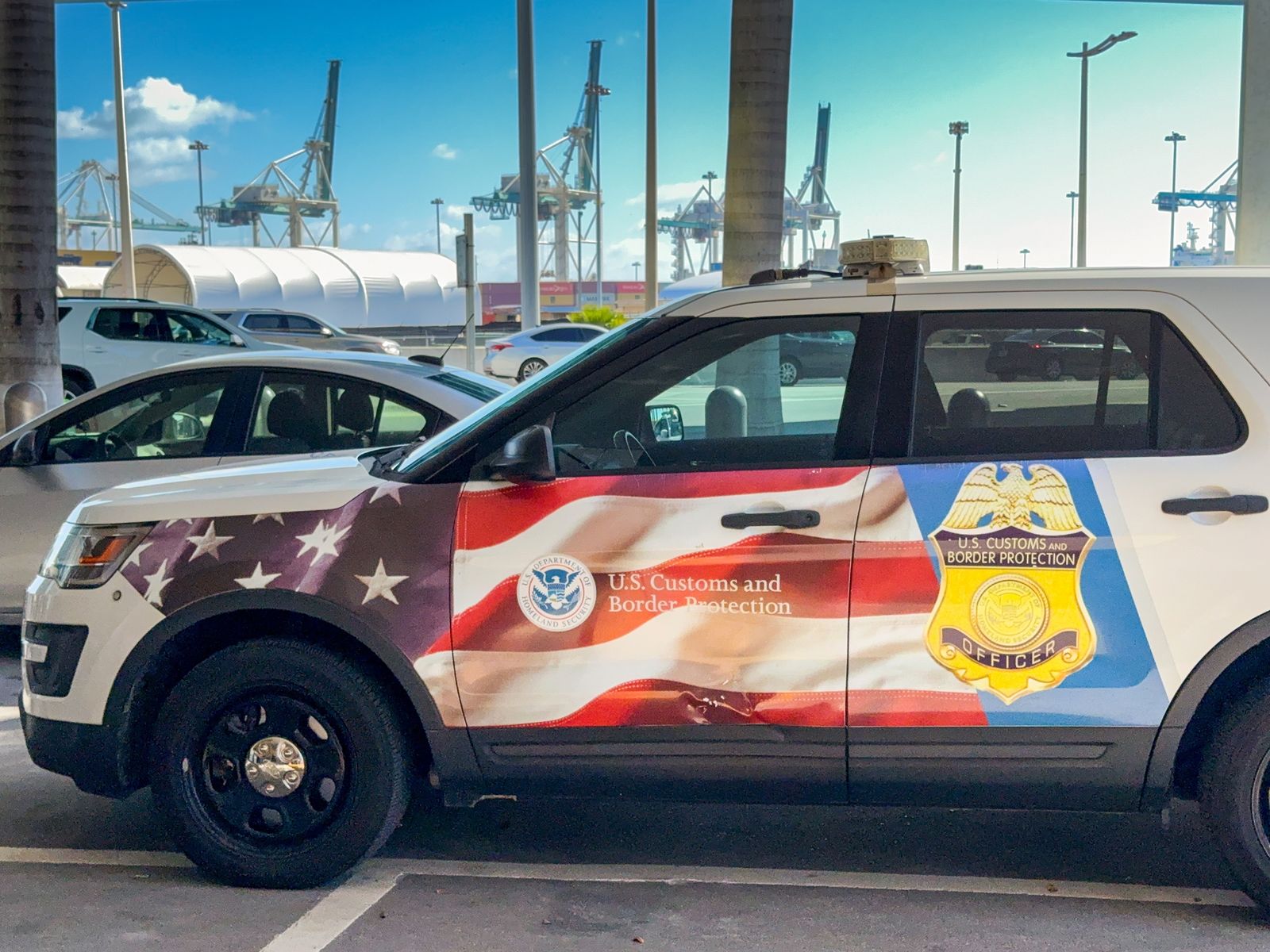
Norfolk, Virginia — US Customs and Border Protection (CBP) is ratcheting up scrutiny on importers through an uptick in queries about specific shipments, Eugene Laney, the president and CEO of the American Association of Exporters and Importers (AAEI), told the Virginia Maritime Association's International Trade Symposium Wednesday.
Laney said importers are facing a barrage of what are known as Customs Forms 28 (CF-28), which are requests for information issued by CBP. Those CF-28s can then lead to Customs Forms 29 (CF-29), which are notices of decisions that require importers to rectify a wide variety of infractions, including tariff misclassifications, valuation changes, country of origin determination, or free trade agreement eligibility.
“Folks that have been in the customs business for many years have seen more 28s and 29s on a daily basis than ever, and this is alarming for companies,”Laney said.“They haven't seen anything like this.”
Laney said CBP's enforcement has been rigorous, especially in terms of scrutinizing country of origin determinations, even at the raw material level.
“They're looking at everything,”he said.“They're looking at the aluminum that's on the cap of the toothpaste. They're looking at the aluminum that's in deodorant. You have all these companies that don't even realize they're in the aluminum and steel business. They're now having to figure out how they need to hire [artificial intelligence] companies to help them figure out exactly what's in their products.”
Compliance burden
Laney's comments dovetail with recent comments from Gabrielle Griffith, director at trade advisory firm BPE Global.
“It's not just anecdotal,”Griffith said on the Oct. 10 episode of the Journal of Commerce's TPM Today.“We have certainly seen an increase in our clients getting those requests for information — the CF-28s — from CBP.”
Griffith said clients are often curious as to how CBP has seemingly expanded its capability to scrutinize shipments, as CF-28s create an administrative compliance burden they haven’t experienced, perhaps outside of the immediate aftermath of the Sept. 11 terror attacks.
“What's changed is the data analytics,”she said.“There has been quite an enhancement to the data analytics CBP is using to comb shipments to target investigations.”
Importers have confirmed in recent weeks to the Journal of Commerce that the number of CF-28s has risen markedly, with most noting they are getting such notices regularly.
“These enforcement actions have brought trade compliance professionals from being hidden in the company to now in the C-suite,”Laney said.“They're actually meeting with the CEOs, meeting with boards, because boards are alarmed by these enforcement actions.”

